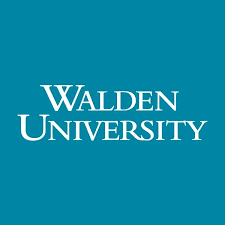
Abstract
This issue of Higher Learning Research Communications (HLRC) fosters thought on the challenges that higher education faces in light of internationalization, regulations, and fulfilling students’ expectations. Higher education outlooks are described and analyzed with a focus on fulfilling requirements and preparing for the future, while students’ motivations and needs are explored in ways that support the achievement of educational goals.In a grounded essay, Orphanides identifies ten priority areas that European higher education must address in order to succeed at the implementation of the Bologna Process, providing a guide to engage the educational system to effectively address these challenges.Gersten emphasizes the need for general education that adapts to contemporary societal and business needs but remains rooted on the original principles of liberal arts, integrated as a way to cultivate human beings who are good citizens, developing critical thinking skills and the ability to join the business world as a competent professional.Marouchou studies the relevance, impact and role of the students’ viewpoint on how learning occurs, describing learning conceptions that go from low level, where the student is just a receiver of the subject knowledge to high level, where the student sees learning as the way to self-development into a responsible human being.Complementing the general perspective of higher education, Yob and Crawford describe a conceptual framework for mentoring based on the specific behaviors and characteristics of doctoral students.As a whole, the authors of this issue present ideas, evidence and calls for action that aim to challenge educators through the labyrinth of curriculum design, general education, learning outcomes and student mentoring; depicting the complexity and multi-dimensionality of higher education.
Recommended Citation
Mendez, C.
(2012).
Editorial.
Higher Learning Research Communications, 2 (2).
Retrieved from https://scholarworks.waldenu.edu/hlrc/vol2/iss2/5






